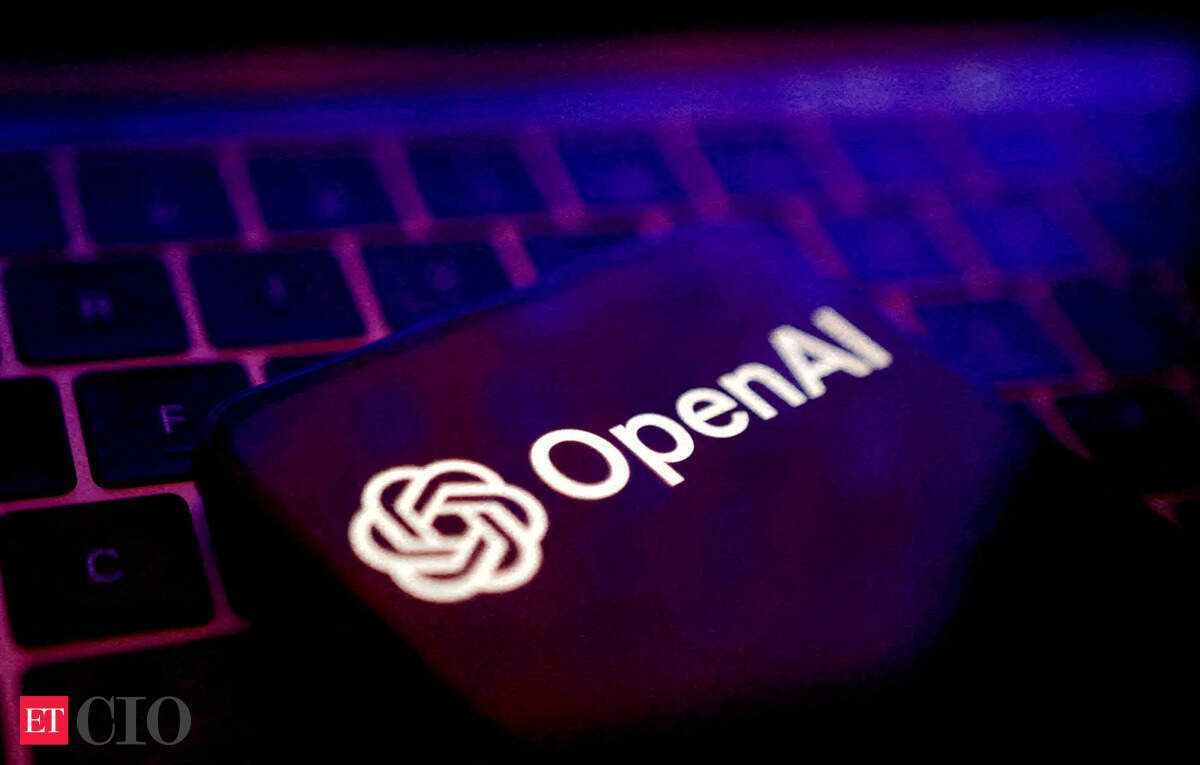Chinadaily.com.cn Questions Readiness for AI Surge

Hong Kong faces a critical juncture in its journey towards artificial intelligence adoption, with experts urging comprehensive action across education, regulation, skills development, and infrastructure. According to the International Monetary Fund's 2024 AI Preparedness Index (AIPI) Dashboard, Hong Kong ranks 20th out of 174 countries and regions with a score of 0.7, notably behind Singapore, which leads globally with a score of 0.8. This gap underscores the urgency for Hong Kong to accelerate its AI readiness to harness the technology's potential and manage its inherent risks.
The AIPI assesses a nation's readiness based on four broad dimensions: digital infrastructure, human capital and labor market policies, innovation and economic integration, and regulation and ethics. It amalgamates hard data and survey perceptions from eight international institutions, including the Fraser Institute, ILO, ITU, UN, UNCTAD, UPU, World Bank, and World Economic Forum. However, the IMF advises that this index, derived from data originally recorded for other purposes, should be used cautiously as a matrix of indicators for policy guidance rather than a definitive predictor of national AI implementation outcomes.
A consensus among business consultancies, industry leaders, AI experts, and academics points to the Hong Kong Special Administrative Region government's pivotal role in spearheading these efforts. Key recommendations emphasize the need to incorporate AI knowledge throughout the entire education system—from primary to tertiary and continuing education—embedding it into all relevant disciplines rather than treating it as an optional subject. A foundational step involves equipping educators with core AI literacy to ensure a sustainable talent pipeline.
Wilson Chow Wai-yin of PwC advocates for proactively promoting coding and data literacy through an AI-focused curriculum, coupled with collaborations between schools and AI technology companies to provide students with firsthand exposure to real-world applications. Richard Chen from UiPath further highlights the importance of embedding computational and algorithmic thinking, alongside data literacy, into early education. He stresses that AI education must extend beyond theoretical knowledge to encompass practical skills training and ethical awareness, preparing students for the future of work. Renny Thomas of McKinsey & Company concurs, suggesting that building these skills requires going beyond classroom training to include embedding full-stack AI capabilities within businesses and cross-functional squads.
A significant hurdle identified is the need for a robust regulatory framework. Experts like Chen urge the administration to establish practical guidelines for companies and employees to promote responsible AI development and deployment, addressing ethical considerations such as data privacy, algorithmic transparency, and accountability. Currently, Hong Kong's governance framework for AI ethics is considered fragmented, and public concerns about data privacy, fairness, cybersecurity, and job displacement could impede broader AI adoption if not comprehensively addressed. Chow also emphasizes defining attestation and assurance standards for companies deploying AI and mandating data privacy rules.
One of the most pressing infrastructural challenges is Hong Kong's underdeveloped supercomputing capacity. The first phase of Cyberport's Artificial Intelligence Supercomputing Center, while significant, offers only 3,000 petaflops of computing power, far short of the estimated 15,000 petaflops needed by 2030. Experts call for continued development of a robust AI infrastructure, including advanced computing facilities, data centers, and high-speed connectivity. Lawmaker Eunice Yung Hoi-yan suggests preferential policies like tax incentives for infrastructure investments, accelerated depreciation for AI hardware, subsidized electricity rates for data centers, and streamlined approval processes. She also recommends developing dedicated zones for data centers with reliable power, cooling, and connectivity, and considering a coordinated computing resource network.
The transformative potential of AI is immense, with PwC estimating it could boost global economic growth by 14 percent (an additional $15.7 trillion) by 2030 through increased productivity and demand. However, this transition will bring disruptive job restructuring. The World Economic Forum (WEF) projects a net loss of 14 million jobs globally over the next five years due to AI, primarily affecting traditional administrative, security, factory, and commerce roles. Conversely, growth is expected in areas like big data analytics, climate change mitigation technology, and e-commerce.
The WEF also anticipates that 44 percent of workers' skills will become obsolete within five years, making reskilling and upskilling a critical priority. Six in ten workers will require training before 2027, though access to adequate opportunities may be limited. Cognitive skills for problem-solving, creative and analytical thinking, and technology literacy are identified as top core business skills. The IMF estimates that almost 40 percent of global employment faces AI disruption, with advanced countries seeing a higher ratio of around 60 percent due to the prevalence of cognitive-task-oriented jobs.
A 2024 Work Trend Index report by Microsoft and LinkedIn revealed that 66 percent of surveyed workers in Hong Kong are concerned about the lack of employer plans for AI implementation, and 86 percent admit to using their own AI tools at work, posing potential corporate data security risks. Significantly, 77 percent of leaders in Hong Kong prefer hiring less experienced candidates with AI skills over more experienced ones without them. UiPath's Chen notes that AI applications are poised to transform Hong Kong's labor market by automating complex workflows.
To manage this transition, Eunice Yung suggests the SAR government develop sector-specific transition frameworks in collaboration with industry bodies, labor organizations, and academic institutions. These frameworks would identify automation trends, map out emerging AI-complementary roles, and create training pathways to move workers into more sustainable careers. Such frameworks would also provide an evidence base for policy responses by monitoring AI's impact on job creation and displacement. Yung further proposes financial support mechanisms like an AI proof-of-concept fund for SMEs and NGOs, AI investment tax credits, and AI adoption grants offering matching funds to mitigate the financial risks of early AI investment. Chen also advocates for government financial incentives for AI adoption and systematic employee AI training.
Ultimately, the responsibility lies with the Hong Kong SAR government to create an environment conducive to AI growth. This includes fostering total AI education, establishing clear regulatory and ethical guidelines, supporting workforce upskilling and reskilling, and investing strategically in critical AI infrastructure like supercomputing facilities and data centers. The city cannot afford to lag in the global AI race, and proactive, purposeful agenda-setting and leadership are deemed essential for navigating this transformative technological wave.












